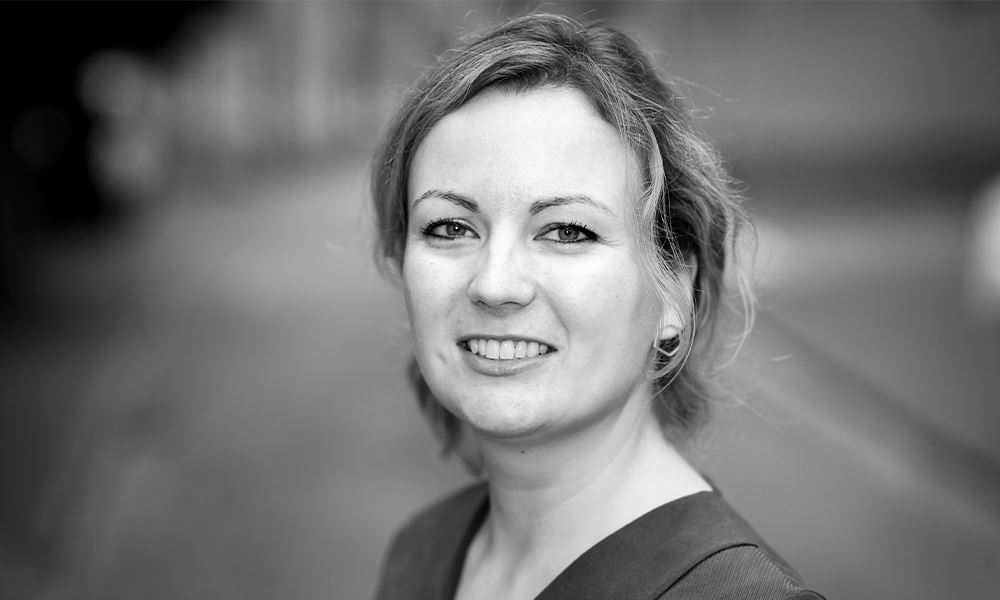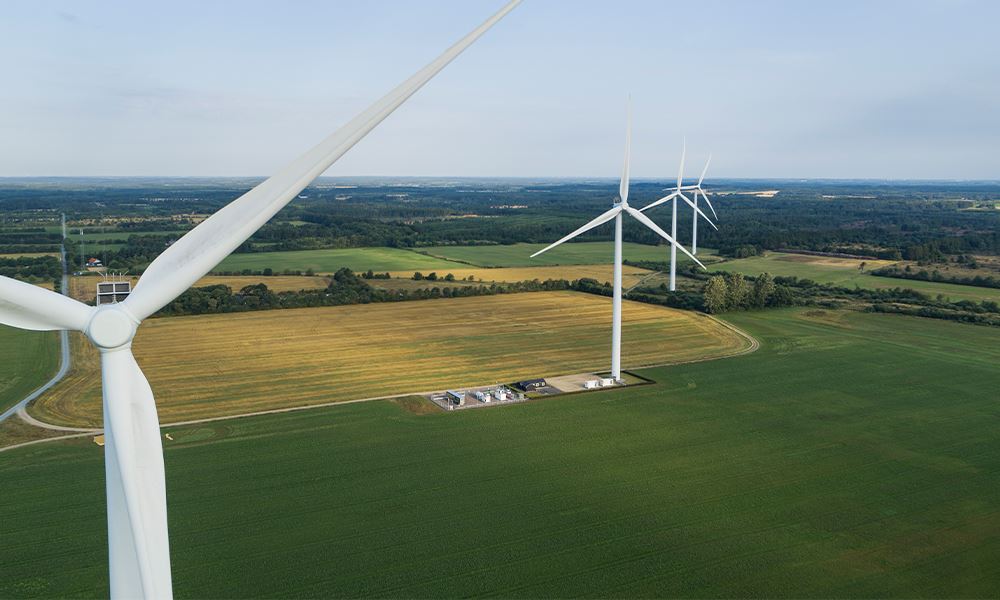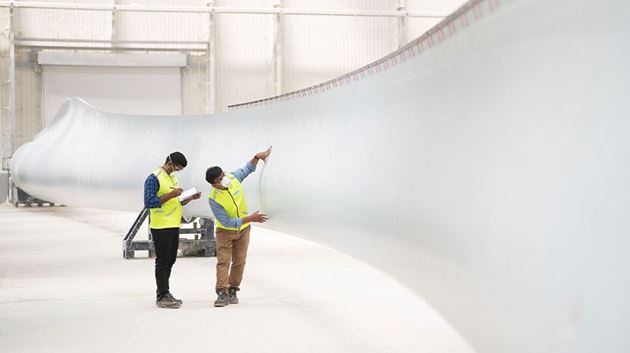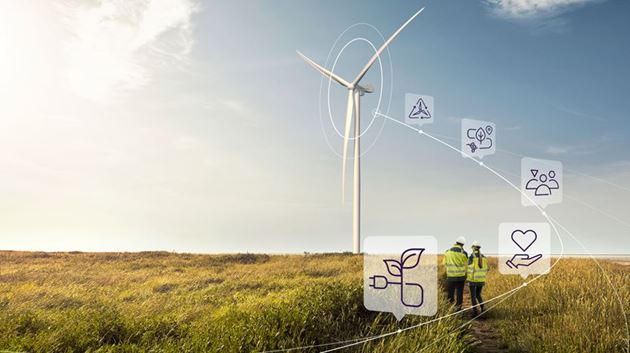
Dr. Bocken: 'The most successful companies start with a circularity vision, how will they use products to make the world a better place?'
Madrid / 20 October 2022
Embracing the circular economy is a vital step to meeting climate commitments and safeguarding the future of our planet for generations to come. Think about the last time you threw something away – did you consider where that product ended up?
Collectively, we must shift our perspectives from a culture that treats everything as disposable and instead, adopt a circular view and redesign products and processes in such a way that goods can be used for longer, or recycled more economically to reduce costs and waste.
Do you need further information or have specific questions around our press and media activities? Please contact us. We will be happy to take care of your request.
mediarelations@siemens-energy.com +34 944 03 73 52As part of our latest series, we will be interviewing changemakers in the industry to discover why adopting a circular mindset is the key to bringing about a lasting impact on people, the planet, and profit, while sustaining our resources for future generations.
Our first expert, Dr. Nancy Bocken, is a Professor in Sustainable Business at Maastricht University, Maastricht Sustainability Institute (MSI). Nancy is a leader in her field, and her research topics include sustainable business models, business experiments for sustainability, Circular Economy, sufficiency and closing the 'idea-action' gap for sustainability through novel tools, methods, and approaches.

I graduated with a business degree but when I entered the workforce, I felt frustrated that, despite the environmental and ecological crises around us, it felt like it was ‘business as usual’. Some enterprises were starting to address sustainability, however I didn’t feel enough was being done and felt a personal drive to focus on the topic myself. That’s what motivated me to embark on a PhD, as there weren’t many sustainable business masters at the time. Unilever sponsored my PhD, starting in 2008, which focused on how companies could reduce their carbon lifecycle and improve their environmental product lifecycle. My particular interest was in supply chains, and how people engage with and use products.
In your own words, please describe the circular economy?
As part of my own research, we have developed four strategies relating to the concept of a circular economy and how to implement it. These are slowing, closing, narrowing, and regenerating.
Slowing refers to extending a product’s lifecycle to tackle overconsumption. This could be by reusing products or creating long-life products and services. Closing resource loops is the strategy of reusing materials post-consumer usage. Narrowing intends to make the production process itself more efficient by minimizing the resources used in order to reduce the carbon footprint. And then regenerating, the fourth strategy, is about actively improving the environment that is affected by the operations of a company.
I think when people think of the circular economy, their first thought is recycling, but there are layers to it, as these strategies reveal.
We must shift our perspectives from a culture that treats everything as disposable and instead, adopt a circular view and redesign products and processes
How does achieving a circular economy support global carbon neutrality goals?
Global carbon neutrality is a complex objective, as energy is required even to build the necessary renewable energy infrastructure.
My team and I are currently working on circular wind turbines and solar panels designed for reuse, remanufacturing, and recycling. I think that, beyond this, regeneration is vital to achieving global carbon neutrality. Regeneration here would mean using renewable energy, yes, but also making sure that you introduce biodiversity regeneration measures to reduce carbon emissions. Slowing the loop and using fewer materials will also play a key role and is a great first step towards carbon neutrality.

Within these business models, the circular economy can shape product design. Product design, for instance, can be tailored to close and slow the loop by developing products that are easy to dismantle and, therefore, easy to upgrade. Ensuring that products are upgradable is an excellent method to slow the loop, as it often requires less energy to upgrade a product than it does to replace it completely. You can create much better business models when you are able to replace easily breakable elements and when you’re more aware of those elements.
What are the initial steps that a business must take in order to incorporate the principles of a circular economy into its strategy?
The companies that are the most successful with this start with a circularity vision – how will they use their products to make the world a better place? IKEA, for example, is trialling a second-hand marketplace, which brings their circularity vision into a shared space with consumers and suppliers and allows them to experiment with and challenge their business model.
Having a circularity vision in place also enables businesses to see where their model already lends itself to circularity. For example, perhaps a company already implements repairs or upgrades in a certain sector. In establishing their vision, they can consider how to expand these efforts further. Sustainability is such a wide-ranging topic, but circularity can help break it down into actionable changes.
About the author
Nancy is also Fellow at Cambridge Institute for Sustainability Leadership, advisor to TNO (Dutch association for applied scientific research) and the Forest Stewardship Council (FSC). She co-founded her own circular and sustainable business called HOMIE. Before going into academia, Nancy held positions in the logistics, banking, and consulting sectors. Originally from the Netherlands, she lived and worked in France, the UK, the USA, and Sweden. Nancy holds a PhD from the Department of Engineering, University of Cambridge, which was fully funded by Unilever.


